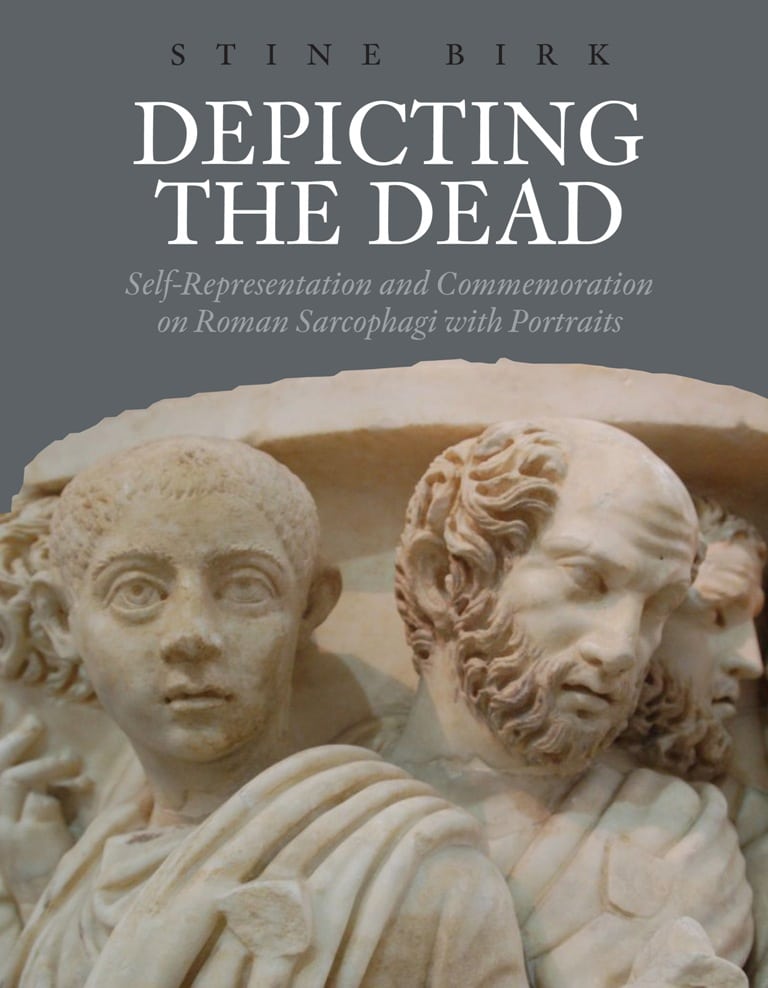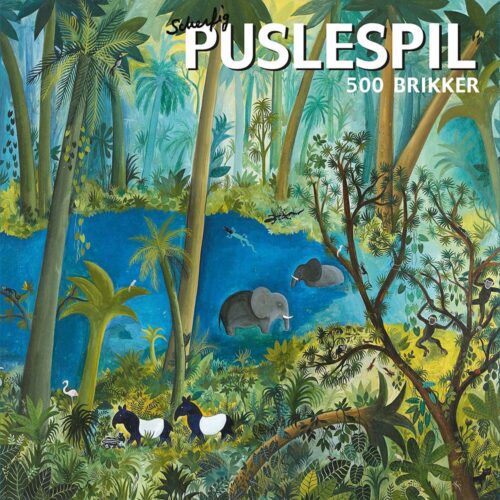The present monograph takes its place in a now well-established tradition of seeing sarcophagi as visual statements of deceased individuals that used allegories to plot lives and personal memories against mythological and other idealised narratives. It focuses on Roman sarcophagi, often referred to as stadtrömisch, which reflects the fact that the field has traditionally been dominated by German scholars.
The aim of the book is twofold:
Firstly, it is an exploration of how to read Roman sarcophagi, which starts from those with portraits, but which can contribute more broadly to the study of sarcophagi in general.
Secondly, this book investigates gender values as represented through images and how to locate the individual in standardised iconography.











